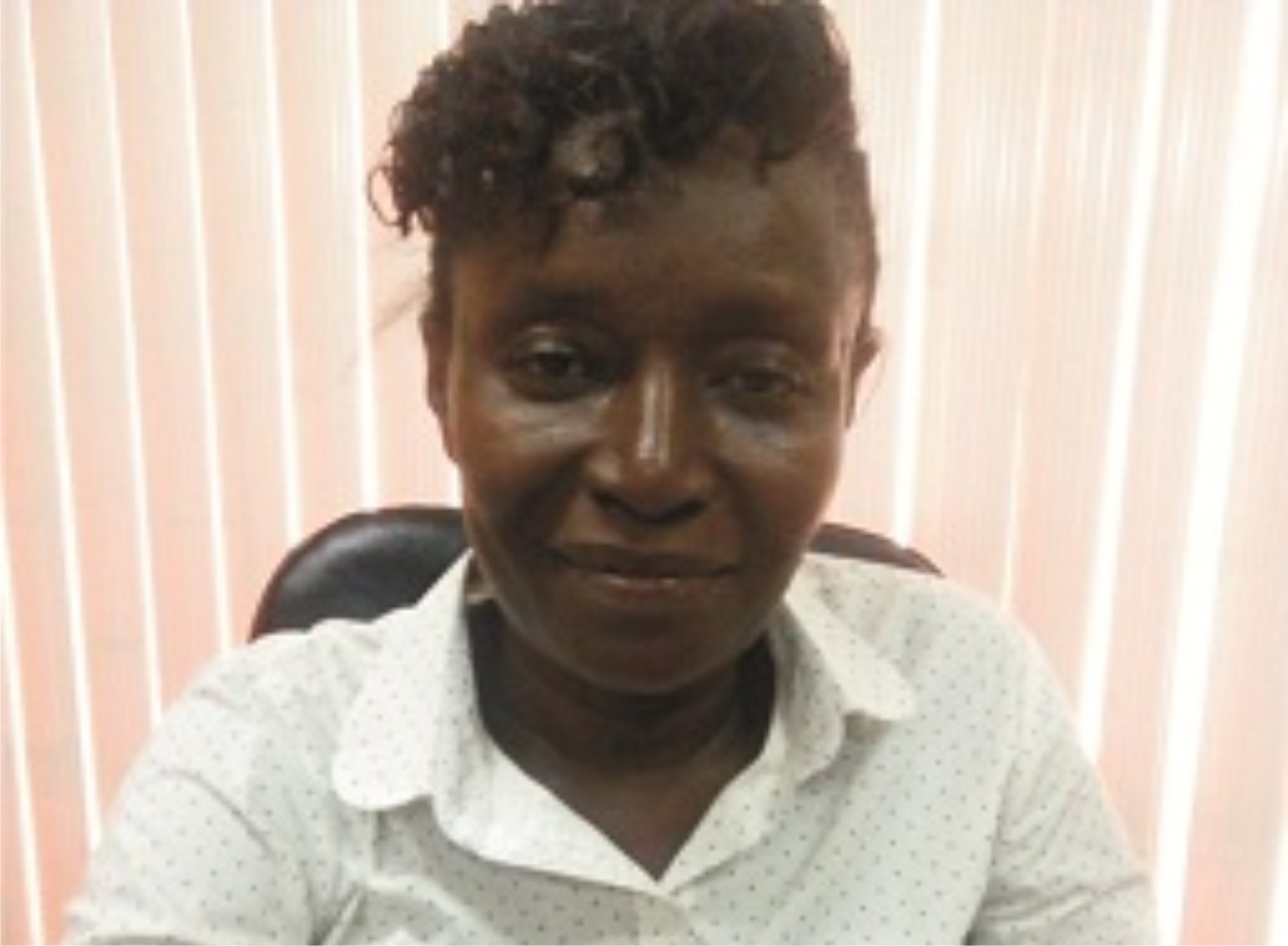Business
Enugu Airport Crucial To South-East Economy – FAAN

Airport Manager, Mrs Cecilia Oguama, Akanu Ibiam International Airport, Enugu, on Wednesday said the airport was crucial to the economy of the South-East States.
Oguama made the assertion in an interview with The Tide source in Enugu.
She said that the airport, which was the only international airport in the geopolitical zone, had increased import and export opportunities for business owners.
“The operations of the airport is very strategic because we have a lot of import and export from the cargo section.
“Also, the businessmen are able to connect directly to other parts of the world with Ethiopian Airlines to carry out their transactions which contribute immensely to the economy,” Oguama said.
According to her, no fewer than 30,000 passengers passed through the airport on the domestic route while another 10,000 international passengers went through the airport in 2018.
She however, noted that the passenger traffic might reduce in 2019, as Arik Air had temporarily suspended flights to the airport and Air Peace had also reduced its flights to two times daily from the previous three flights.
Oguama said FAAN was working assiduously to ensure that the airport was safe for flight operations, noting that work would soon begin on the rehabilitation of the runway.
She also expressed optimism that the new international terminal of the airport, which was 70 per cent completed, would attract more airlines to the airport when functional.
“Our plan is to tackle the runway issue and also complete the new international terminal.
“Once that is done, more flights will come in, and going forward, the airport is going to be busier, which will be good for the economy,” the airport manager said.
Business
Fidelity Bank To Empower Women With Sustainable Entrepreneurship Skills, HAP2.0
Business
President Tinubu Approves Extension Ban On Raw Shea Nut Export
Business
Crisis Response: EU-project Delivers New Vet. Clinic To Katsina Govt.
-

 News3 days ago
News3 days agoAmend Constitution To Accommodate State Police, Tinubu Tells Senators
-

 Politics3 days ago
Politics3 days agoSenate Urges Tinubu To Sack CAC Boss
-

 News3 days ago
News3 days agoDisu Takes Over As New IGP …Declares Total War On Corruption, Impunity
-
Business3 days ago
President Tinubu Extends Raw Shea Nuts Export Ban To 2027
-
Business3 days ago
Crisis Response: EU-project Delivers New Vet. Clinic To Katsina Govt.
-
Sports3 days ago
NDG: Rivers Coach Appeal To NDDC In Talent Discovery
-
Rivers3 days ago
Etche Clan Urges Govt On Chieftaincy Recognition
-
Business3 days ago
President Tinubu Approves Extension Ban On Raw Shea Nut Export

